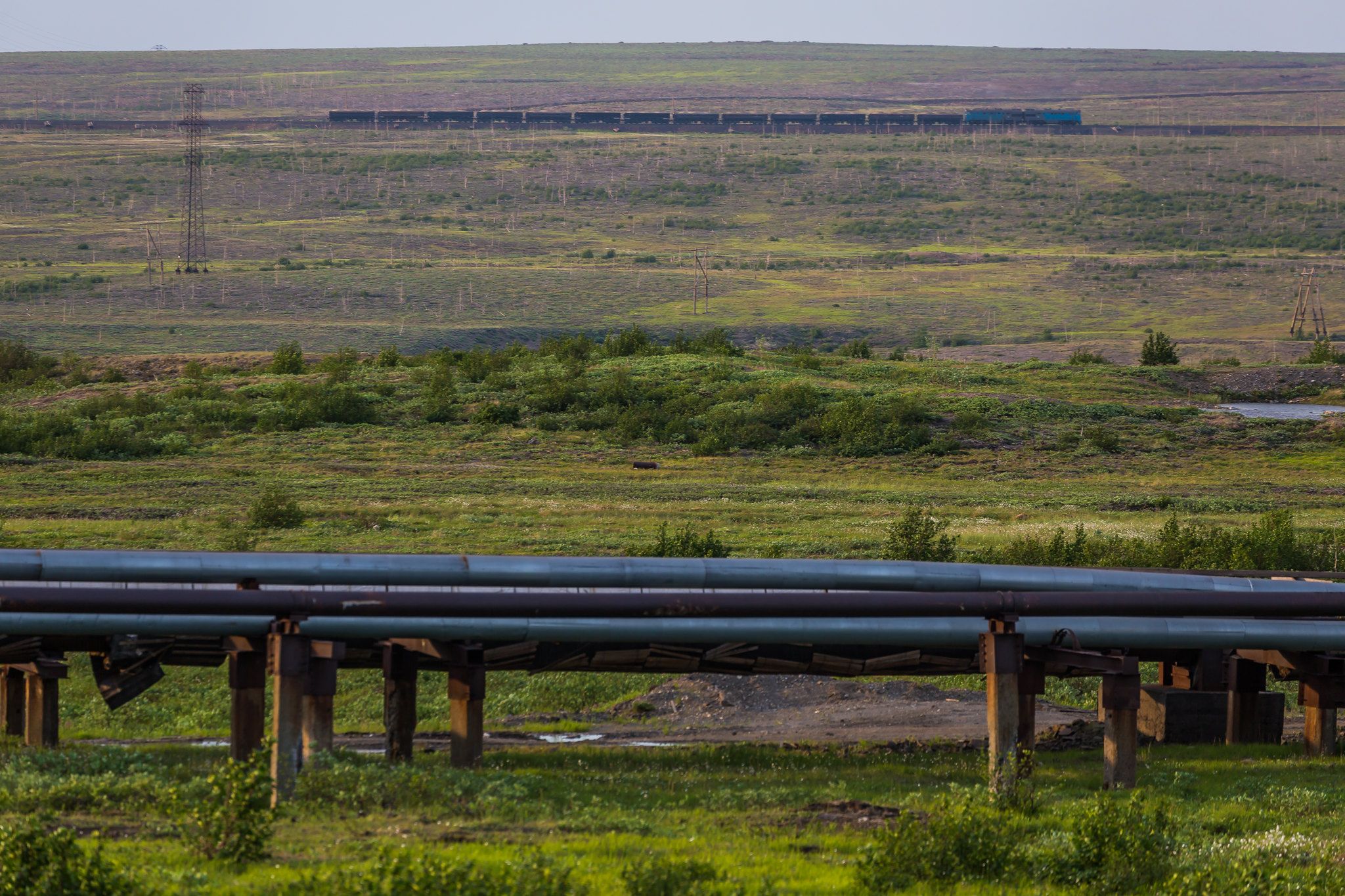The biggest single pipeline transporting Russian gas to Germany – the Nord Stream 1 pipeline – was shut down this morning for routine maintenance. However, while it is scheduled to reopen on July 21, Germany is preparing for long-term disruption to its energy supply.
The work on the 1,220-kilometre pipeline is an annual event requiring the pipeline to be closed for 10 to 14 days. With relations between Russia and the West at their worst in years, it is feared that Gazprom will take this opportunity to shut off the valves indefinitely.
“We are confronted by an unprecedented situation – anything is possible,” the German vice-chancellor, Robert Habeck, told the broadcaster Deutschlandfunk over the weekend.
“It is possible that the gas will flow once more, even at a higher volume level than before,” said Habeck. But, he warned, “it is also possible that nothing comes through, and we still have to prepare for the worst.”

Russia’s latest move
Gazprom has already stopped supplying gas to a number of European countries with sanctions against Russia, including Denmark. Last month, for example, the Russian gas company announced it would not supply more gas to Ørsted – Denmark’s largest energy company.
Energistyrelsen assured the public that the decision posed no threat to Denmark’s energy supply, but when Russia reduced Nord Stream 1 gas deliveries to Germany by 60 percent later in the month, the agency issued a warning that the country was at risk of a “significantly deteriorating gas supply situation”.
In an email to the Copenhagen Post today, Energistyrelsen has said Denmark is “well prepared if the gas supply situation changes”.
“On average, 25 percent of Denmark’s gas consumption is covered by the Danish production of biogas and our gas storage is already well filled,” said the email. “The crucial factor is whether the European gas market will still be functioning. If the market is no longer able to supply Europe with gas, we have emergency plans ready to deal with that scenario.”
Danish business may be affected
According to previous statements from Energistyrelsen, the country’s emergency energy plans include measures to limit the supply of gas going to Denmark’s highest-consuming businesses.
Brian Vad Mathiesen, a professor of energy planning at Aalborg University, believes the implementation of such measures in the future is likely. And, according to him, the consequences of such a supply disruption could be drastic – even in a country as well-prepared as Denmark.
“I think we need to be prepared for the fact that in ten days’ time we will not be getting any more gas from Russia,” Vad Mathiesen told Berlingske. “Even though our stocks are full, we may find ourselves in a situation where Danish companies also have to close down, so that we can ensure European households have an intact heat supply.”
With major companies like Danish Crown, Arla and Harboe Brygger on the list of “unprotected” gas customers, this could have significant economic implications, he warned.

Germany hardest hit
Germany will be especially hard hit by any further disruption to gas deliveries by the Nord Stream 1 pipeline. Although the German government has launched several initiatives to reduce its dependence on Russian gas, it has continued to import some 35 percent of its gas from Russia – compared to 55 percent before the War in Ukraine began.
In its latest and most desperate bid to reduce reliance on Russian energy, the German government has decided to restart about ten coal-fired power plants – several of which are lignite-fired power plants, the highest-polluting type of coal plant.
The Czech Republic, Italy, Greece, and the Netherlands are also considering or have taken steps to increase coal production.
Austria, which receives approximately 80 percent of its gas from Russia, has activated the first phase of a three-stage emergency plan. Bulgaria, reliant on Russia for 90 percent of its gas needs, has agreed to purchase liquid national gas from the US.















